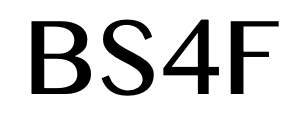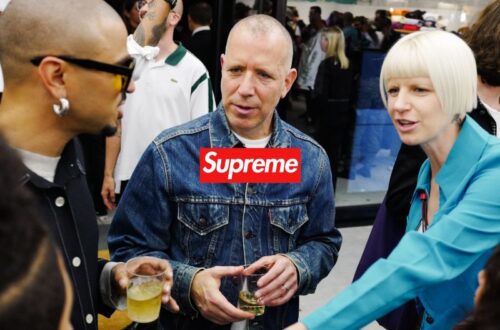On Tuesday, February 19th, Karl Lagerfeld passed away in Paris at the age of 85. The iconic German fashion designer left a huge impact on the industry, most notably through his role as creative director of Chanel and Fendi.
Lagerfeld was born in Hamburg in 1933 – although his date of birth was disputed as he often stated to have been born in 1938. His father made a fortune by introducing condensed milk into the German market and as a consequence, Karl and his two sisters grew up in a wealthy home where intellectual activity was encouraged and where he was often exposed to literature, art and philosophy. With the outbreak of the war, the Lagerfeld family moved to a rural area in northern Germany and, as he later recounted, the children were cut off from any knowledge of National Socialism or the ongoing war.
In interviews, Lagerfeld describes his childhood as very happy – however, he often recounts having hated being a child: he never played with other children, only enjoyed the company of adults and spent all of his time reading and sketching.
At 14, he boldly moved to Paris to attend the Lycee Montaigne where he majored in drawing and history. Shortly after, he entered a design competition in which he won the coat category and befriended another winner, Yves Saint Laurent. This competition helped him acquire a position at Balmain, where he worked as Pierre Balmain’s assistant and apprentice for three years. Thereafter, his career quickly took off: in 1958 he became the artistic director of Jean Patou and was hired as a free-lance designer for brands such as Chloe and Valentino. In 1967 he was hired by Fendi to re-invent their fur-line: his innovative designs were groundbreaking and caused much international acclaim.
Lagerfeld is best known for his position as creative director of Chanel: in 1980 he was hired by Chanel which was considered a “near-dead brand” and brought the company back to life by completely re-inventing their ready-to-wear line. He famously also integrated the interlocked “CC” monogram of Coco Chanel into the logo and style pattern of Chanel.
Around that time, Lagerfeld also launched his own label which became known for its quality tailoring and bold ready-to-wear pieces and was sold to Tommy Hilfiger in 2005.
While his creative genius remains undisputed, many claim that his harmful beliefs and political stances were ignored by the public due to his impact as a designer. In an article called “Stop Mourning Oppressors”, a reporter states Lagerfeld was “an islamophobic, racist, misogynistic, fatphobic rape apologist” and argues that while his creativity in fashion design can be celebrated, the separation of the artist from the art “perpetuates a cycle of abuse in which men like Lagerfeld can occupy prominent spaces in our industries and face no consequences for their words or actions.” Lagerfeld was publicly against curvy or plus-size models in fashion, often made sexist comments about women’s roles in society, openly body-shamed people and stated that if you were anything other than skinny you clearly had lost control over your life. Furthermore, in the recent European immigration crisis, Lagerfeld publicly stated that Muslim and Syrian immigrants were not welcome in Europe while pushing islamophobic and anti-semitic ideas. Lagerfeld was also notoriously misogynistic: for instance, he stated child-rearing was “for women and not for men”, claimed he would hate to be burdened with “an ugly or fat daughter” and in an interview stated that Coco Chanel wasn’t a feminist because “she wasn’t ugly enough for that.”
This raises the question whether in the world of fashion, as in that of literature, music and art, the artist should be separated from his or her art. Should we celebrate Karl Lagerfeld as a creative genius who transformed high fashion and re-invented multiple brands? Or do we, by doing so, give men such as Lagerfeld the platform from which they propagate oppression in fashion and the marginalization of people and bodies with no consequences for their words or actions?
By Martina Reich





